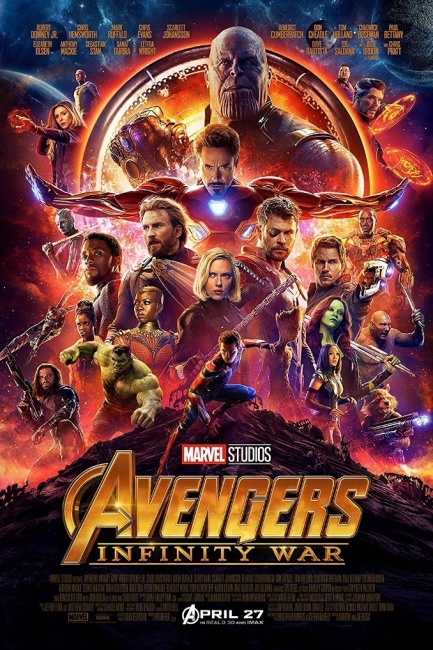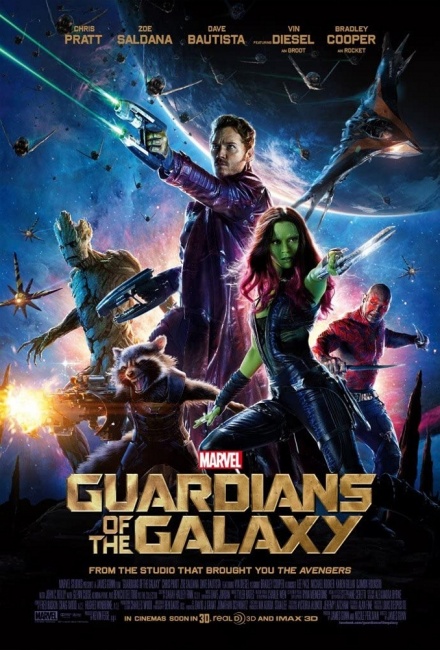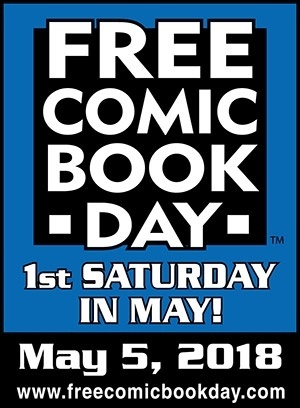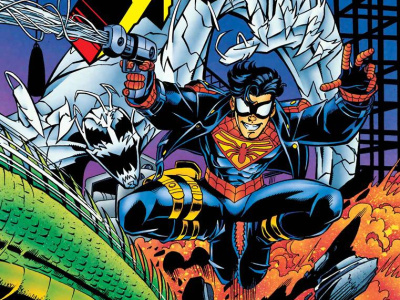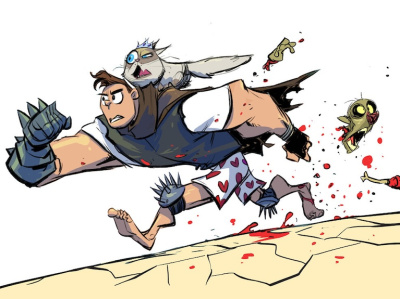Confessions of a Comic Book Guy is a weekly column by Steve Bennett of Super-Fly Comics and Games in Yellow Springs, Ohio. This week, Bennett discovers a key difference between Marvel’s comics and cinematic universes: the handling of time.
Usually, by the time I finally get around to commenting on one of those huge honking Nerd Culture-shaking events like Avengers Infinity War, I find everything that can be said on the subject already has. This far after the fact the only thing I can add to the discussion is “well, I liked it.” But this time I believe have discovered an uncovered angle about it, that one of the primary ways the Marvel Universe differs from the Marvel Cinematic Universe is the way time passes.
By design the MU is intentionally timeless, nobody ages, and dates are purposely avoided or ignored. At the very most, the current Marvel Universe goes back a decade and everything that doesn’t happen “now” inhabits the nebulous realm of “a few months ago.” In the MCU time passes pretty much the same way it does in the real world and the films follow a specific timeline. In 2017’s Thor Ragnarok, we’re told Bruce Banner has been stuck as The Hulk for two years -- so since 2015, which is when Avengers: Age of Ultron was released. In Avengers Infinity War we’re told The Vision and Scarlet Witch have been together for two years since their last appearance in Captain America: Civil War, which came out in 2016.
The MU dwells under Stan Lee’s dictum of “the illusion of change,” that no matter what happens, things will inevitably revert to their default settings. In Marvel Comics there’s been literally dozens of storylines about an impending Ragnarok, but it’s always been averted. In Thor Ragnarok it actually happened. In the MCU, previous events carry weight and experiences impact character; in Avengers Infinity War, Captain America, Iron Man, Thor, none of the major characters are where they were when they made their first film appearances.
For example, Guardians of the Galaxy. In the comics, in spite of having been together for years, The Guardians remain a volatile band of misfits who just barely tolerate each other. In the MCU, as writer-director James Guinn put it, “The first film is about becoming a family, the second film is about being a family.” In the comics, Rocket is a sociopathic repeat offender, a one-note character. But in Avengers Infinity War, the once dangerously unstable character rarely even raises his voice and shows genuine concern when another character is in pain. Because someone did the same thing for him in Guardians of the Galaxy Vol. 2.
Now I realize comics and films are different mediums, and what works for one might not work in the other. The same way I’ve inferred these changes were made to adapt the Marvel characters successfully to the screen. And it's clear from the huge response to the movie the changes that made those characters richer and more real has also made them more appealing to a mass audience. And as of Monday, evidence of that success came in a report so far Avengers Infinity War has earned Marvel $725.5 million worldwide.
There are of course reasons why comics based on popular movies fail to sell better than they do. Some of it undoubtedly has to do with people's lack of access to comics. And last week (see “Confessions of a Comic Book Guy-The Bendis Be Bendis”) I wrote about an interview Brian Michael Bendis gave The New York Times where he was quoted as saying most likely reason why there aren't sales bumps on movie based comics is because movie fans are “just people who will never read anything.” I’m sure that’s a factor as well.
But, to be on the safe side, the comics themselves might just have something to do with it. And it wouldn’t hurt if Marvel tried to make their comics a little more like the movies they’re based on, as an experiment, just to see what would happen.
Since we’ve all just seen a big superhero movie in May, that means Free Comic Book Day is this Saturday. And while the event doesn’t get much coverage from the major mass media, it does get attention in places likely to be more effective in getting the word out on a local level. By which I mean the websites of newspapers in cities across the nation, where it generated headlines like “Geeks unite! Here's where to celebrate Free Comic Book Day in Corpus Christi”, “Free Comic Book Day coming to Morganton Saturday” and “Free Comic Book Day events in Fort Myers, Cape Coral, Naples, Port Charlotte this Saturday.”
The opinions expressed in this column are solely those of the writer, and do not necessarily reflect the views of the editorial staff of ICv2.com.
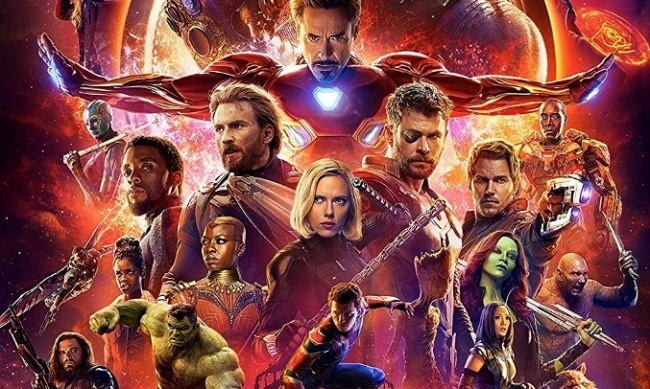
Column by Steve Bennett
Posted by Steve Bennett on May 2, 2018 @ 5:00 pm CT
MORE COMICS
Part of 1996 Marvel/DC Crossover
August 1, 2025
Writer Karl Kesel and artist Mike Wieringo are the creative team for the one-shot comic, which was first published in 1996 in the middle of a Marvel/DC crossover.
Crowdfunding Campaign Launches in October, Followed by Retail Release
August 1, 2025
Vault will crowdfund the graphic novel on the Backerkit platform in October, then release it to retail.
MORE COLUMNS
Column by Scott Thorne
July 28, 2025
This week, columnist Scott Thorne comments on the Edge of Eternities prerelease and on Magic: The Gathering news from the Hasbro earnings report.
Column by Rob Salkowitz
July 21, 2025
Columnist Rob Salkowitz lays out the Comic-Con panels of interest to industry professionals, current and aspiring creatives, educators, librarians and retailers.



